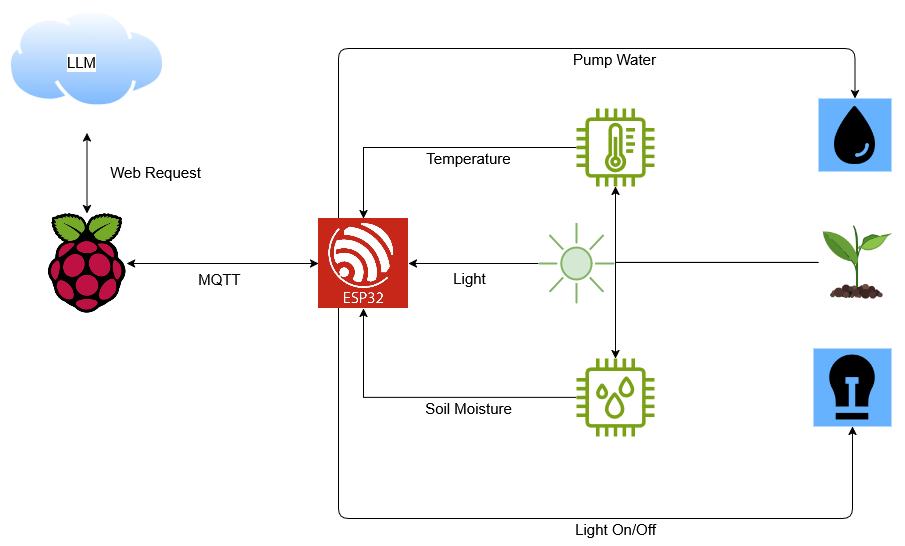Spain's Growing Tech Industry Raises Environmental Concerns

In recent years, Spain has emerged as a prominent destination for major technology companies eager to establish their data centers within Europe. The Spanish capital, Madrid, is striving to position itself as a "digital hub" akin to other established tech cities like Berlin and London. However, this burgeoning industry raises significant questions regarding its environmental impact, particularly in a country grappling with severe drought conditions.
Our correspondent, Armelle Exposito, delves into the ecological ramifications of these expanding data centers, which are increasingly prevalent across Spain. Tech giants such as Amazon, Meta, and Microsoft are ramping up their investments, driven largely by the explosive growth of artificial intelligence technology. Looking ahead, Madrid anticipates a staggering 58 billion investment in the tech sector by 2030, with the goal of transforming the city into the southern European hub for digital innovation.
Spain is promoting various advantages to attract these data centers, including its extensive infrastructure of underwater cable connections to other continents and its vast expanses of available land. Furthermore, Spain is recognized as one of Europes leading producers of renewable energy, capable of providing tech companies with cost-effective, green energy solutions. These factors have successfully drawn the attention of tech titans seeking expansion opportunities.
However, the rapid expansion of data centers is not without its drawbacks. These facilities are notorious for their immense electricity consumption. Projections indicate that by 2030, energy usage by data centers in Spain could double, potentially representing nearly 3 percent of the world's total electricity demand. This surge in energy needs is coupled with an alarming requirement for billions of liters of drinking water necessary for cooling the servers. The exact figures remain elusive, as tech companies often refrain from disclosing such data, making it challenging to assess the full extent of their water consumption.
This situation is particularly concerning given Spain's status as one of the European countries most severely impacted by drought. The ongoing climate crisis has made water scarcity an urgent issue, sparking debates about the sustainability of such tech investments in regions where water resources are already stretched thin.
As the demand for digital services continues to rise, the balance between technological advancement and environmental stewardship becomes increasingly precarious. The dialogue surrounding the establishment of data centers in Spain is vital, prompting questions about how to reconcile economic growth with ecological responsibility. Will Spain prioritize its natural resources over tech investments, or will it find a way to harmonize the two?


























